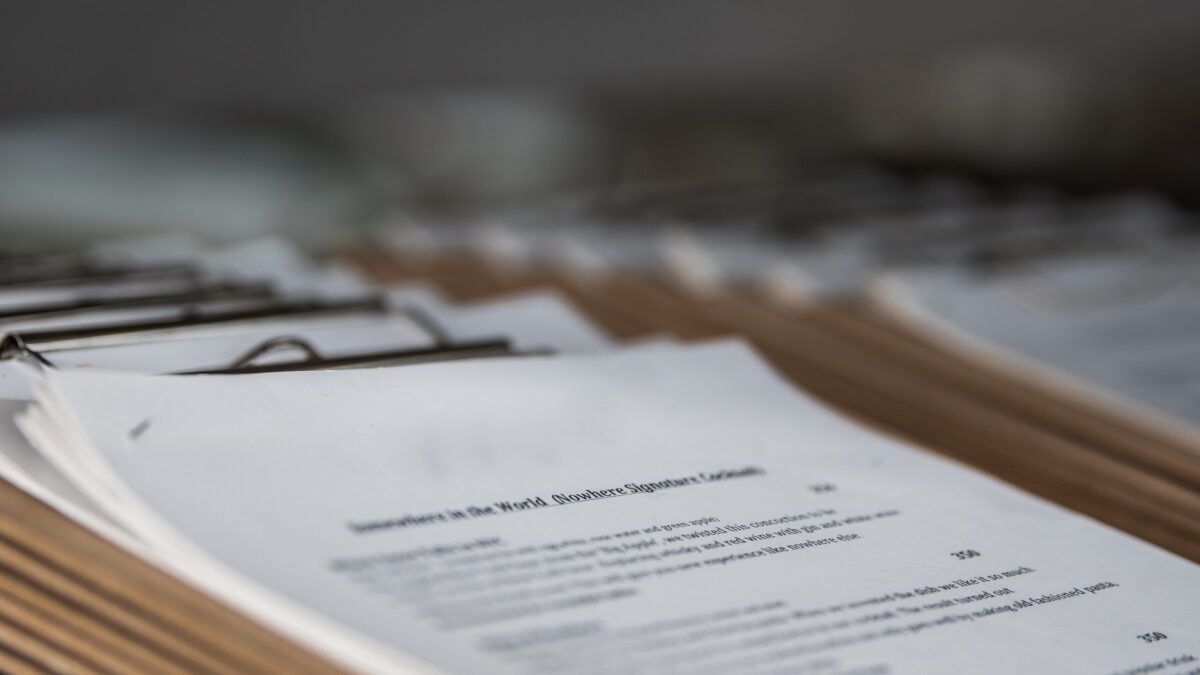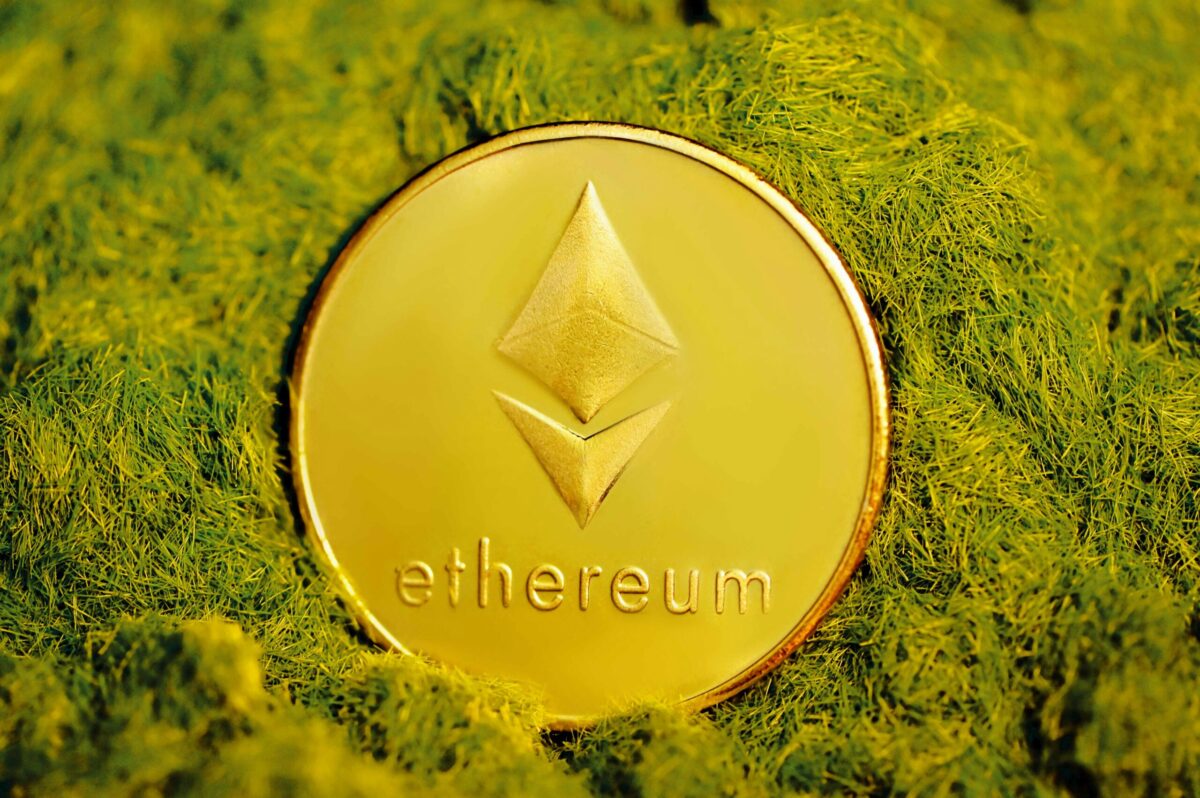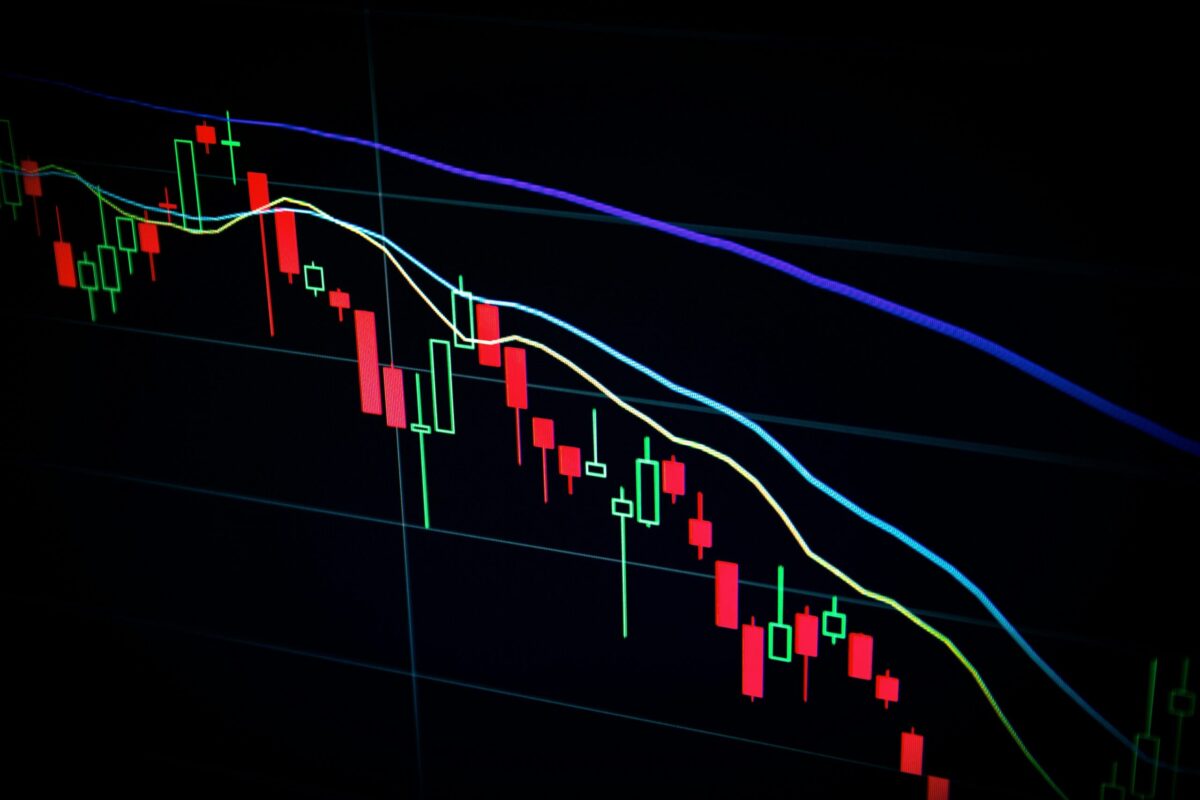The International Organisation of Securities Commissions (IOSCO), an association of organisations that regulate the world’s securities and futures markets, has released its final report with policy recommendations for the regulation of crypto and digital asset (CDA) markets.
While it has denied the crypto industry its requests for a bespoke regime for stablecoins, the group has agreed to demands for greater accountability from so-called financial influencers.
The 18 policy recommendations have been published after a consultation period that started in May this year. They aim to provide a coordinated global regulatory response to the significant investor protection and market integrity risks posed by centralised crypto-asset intermediaries, known as crypto asset service providers (CASPs).
The key areas covered here are conflicts of interest from vertical integration of activities and functions, market manipulation, insider trading, fraud, cross-border risks, technological risk, client asset protection, regulatory cooperation and so on.
The chair of the IOSCO Board-Level Fintech Task Force, Tuang Lee Lim, commented on the same saying: “The activities of CASPs and their associated risks frequently mirror those observed in traditional financial markets. The regulatory approach taken is therefore consistent with IOSCO’s Principles and associated standards for securities markets regulation.”
Much focus was given to stablecoins where it said that the recommendations would apply to all types of crypto-assets, including them. This contradicted the request made by various blockchain industry associations for a bespoke regime for stablecoins, claiming the current requirements would be burdensome. However, IOSCO provided additional guidance for stablecoins, particularly in relation to disclosures and custody of reserve assets.
It also ensured stakeholder engagement and global interaction as it took into account the feedback from public consultation and advice from various committees and bodies. A greater accountability for financial influencers was one of the many things requested by the respondents.
To this, IOSCO said that regulators should work with other relevant authorities to ensure crypto promotions accurately disclose the product and service provided along with the associated risks. CASPs should also disclose any commercial arrangements with people providing investment advice on crypto assets that trade on their platform.
Its Chair, Jean-Paul Servais, made an official statement upon the publication of these recommendations: “As IOSCO chair, I am pleased with the publication of the IOSCO Report on Crypto and Digital Asset Markets which is the first and important step to ensure investors are protected and crypto- asset markets operate fairly, efficiently and transparently. This report is a key component of the international framework for these markets envisaged by the G20 and FSB.”
According to him, the next target for the team is to shift the attention towards “ensuring the adoption and implementation of the recommendations to support optimal consistency in the way crypto-asset markets and activities are regulated across IOSCO member jurisdictions”.
IOSCO is recognised as the global standard setter for securities regulation, with its membership regulating more than 95% of the world’s securities markets in around 130 jurisdictions.
The IOSCO Board is the governing and standard-setting body of IOSCO and is made up of 35 securities regulators. Servais, the Chair of Belgium’s Financial Services and Markets Authority (FSMA) is the Chair of the IOSCO Board.
The members of the IOSCO Board are the securities regulatory authorities from countries around the world like Australia, China,France, Germany, India, Italy, Japan, Kuwait, Saudi Arabia, Singapore, the United Kingdom and the United States of America (both the U.S. Commodity Futures Trading Commission and U.S. Securities and Exchange Commission).
The Chair of the European Securities and Markets Authority and the Chair of IOSCO ́s Affiliate Members Consultative Committee are also observers.
November 17, 2023 at 12:25 GMT
IOSCO publishes final policy recommendations for crypto regulation
The International Organisation of Securities Commissions (IOSCO) has released policy recommendations for regulation of crypto and digital asset (CDA) markets.


